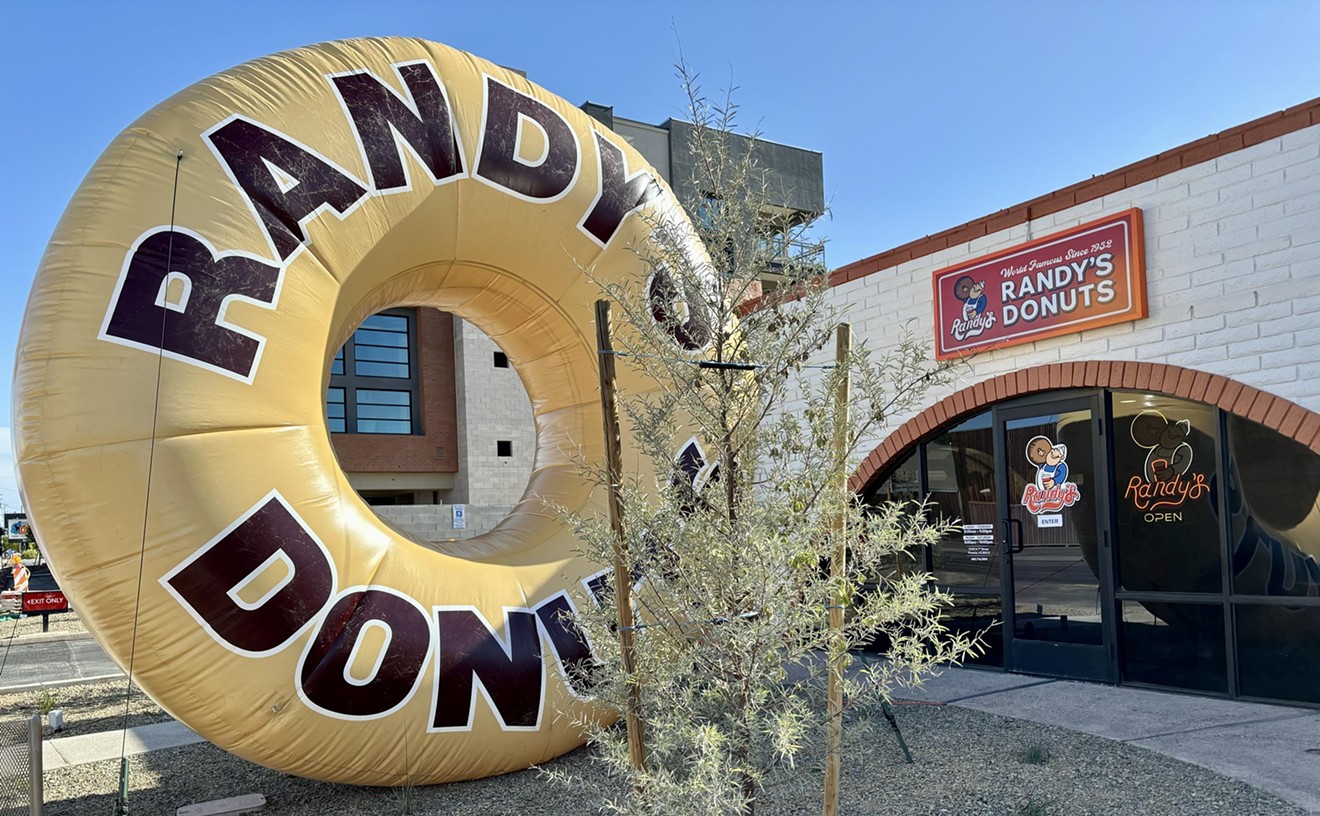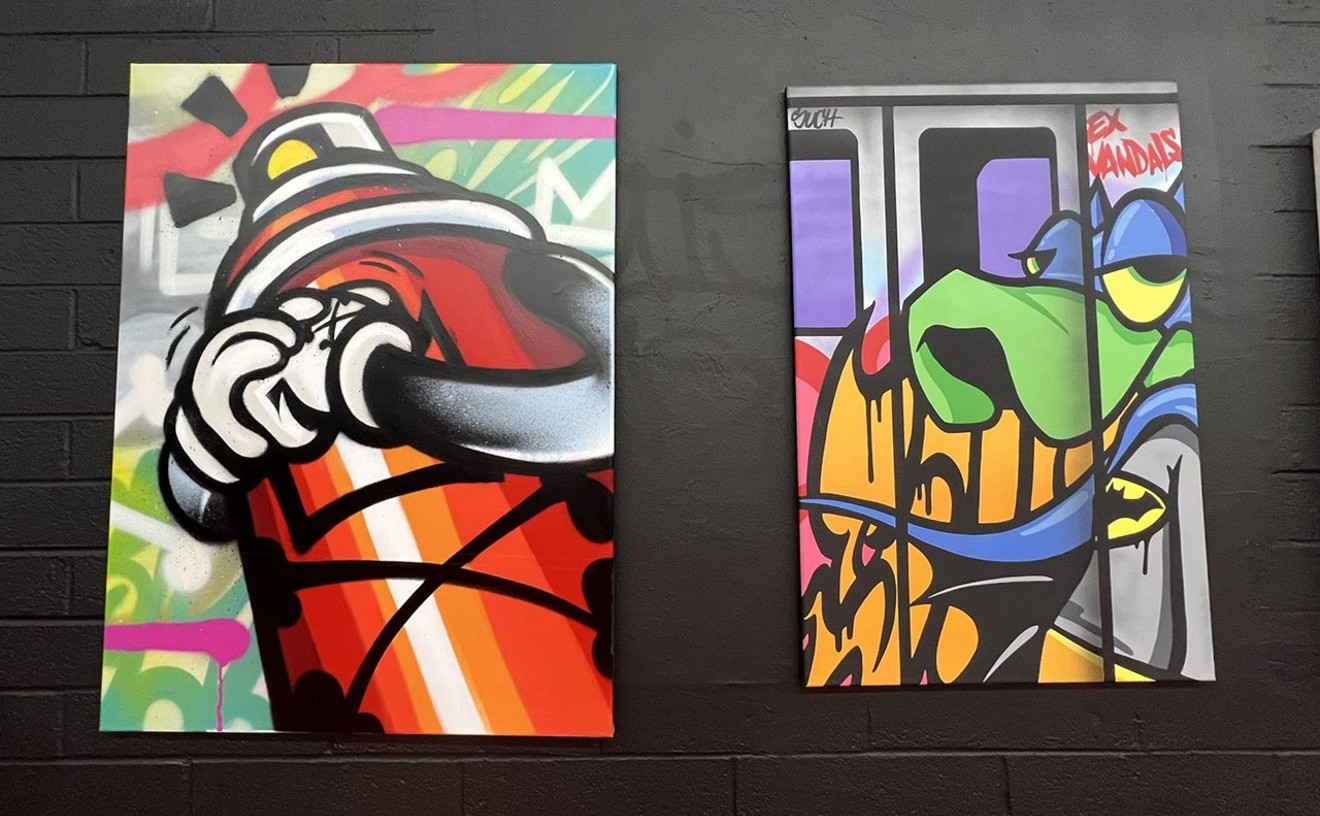The truly revisionist history, of course, is what most of us got in grade school, where the occasional moments of peace and cooperation between the two races were emphasized, and the centuries of war, treachery, brutality and bigotry were ignored. I'm not for a minute suggesting that the beautiful example of the Thanksgiving story shouldn't be taught to kids, only that many of us escaped public school with the vague idea that this was the rule rather than the exception. It's those who would like to go on thinking this way who have started the fashion of sneering at a more complete historical perspective as PC revisionism.
On the other hand, revisionist thought has indeed given rise to some absurd romanticizing of native people as more "spiritual" than civilized people, but this is bad anthropology and sociology more than it's bad history. Some of this more sentimental kind of PC creeps into Pocahontas, as well. The prettiest song in the film, "Colors of the Wind," is a lecture given by the titular heroine to her new lover John Smith, an English settler, about getting in touch with nature rather than trying only to master it for profit. Good advice, certainly, and a nice song, but it has more to do with establishing the film's credentials than with advancing the relationship of the characters.
The name Pocahontas is legendary because of the incident which Smith, a captain at the Jamestown settlement in the early 1600s, wrote of later in his life. He claimed that he was on the point of being executed by the Powhatans when Pocahontas, the daughter of the chief, interceded on Smith's behalf and managed to get him spared. It's unlikely that the historical Pocahontas and Smith were ever lovers--in 1608, the year she took his part, she was probably no older than her early teens. The story of the real Pocahontas--which was, by the way, a nickname meaning "Little Mischief"; her real name was Matoaca--is strange and fascinating. A few years after the famous incident with Smith, a subsequent captain at Jamestown had her kidnaped for use as a bargaining chip in negotiating a peace treaty with her father, Chief Powhatan, founder of the powerful sub-Potomac tribal confederacy that bore his name. She eventually was ransomed, but by then she had been converted to Christianity, taken the name Rebecca and fallen in love with a Brit tobacco trader named John Rolfe. Both Powhatan and the Brit governor--who smelled terrific publicity for the colony's tobacco ventures in the lovely Indian woman--agreed to the marriage. In 1616, Rebecca Rolfe, her husband and son traveled to England and were presented to King James. The following year she died of smallpox and was buried at Gravesend. Her son Thomas was educated in England, and later returned to the Virginia colony, where he became an important citizen. By then his grandfather Powhatan had died, the treaty was off and the wars that would eventually eliminate the tribe as a major power were well under way.
Disney has too much of a stake in being seen as an arbiter of what's wholesome to ever do anything genuinely daring, at least under its own name. (It does sometimes get a little funky behind the comfortable corporate alias of Miramax.) No one could really expect Disney to put the gritty and very adult, yet still touching, truth about Pocahontas onscreen. But something more compelling than the somehow halfhearted interracial love story the film offers wouldn't have been too much to ask.
It's logical, of course, that the heroine's intercession for Smith's life would have been the key scene of the film. What's odd is that this big moment, ostensibly the film's climax, does not register very strongly. It seems truncated, flat, because the conflict between the tribe and the Brits has been underdeveloped. We haven't seen the resentments build between them, so there's little thrill in seeing them overcome.
Don't misunderstand--on its own terms, Pocahontas isn't a failure. The songs, by Stephen Schwartz (Godspell, Working) and Alan Menken, are mostly lovely, as is the fluid, pastel animation. There are beautifully conceived sequences, especially the large-scale production numbers. The voice cast is able--the heroine, spoken by Irene Bedard, is stunningly sung by a set of Broadway pipes named Judy Kuhn. Mel Gibson both speaks and sings quite competently as Smith. David Ogden Stiers is the villainous Brit governor, and Russell Means is Powhatan.
But the terms of the film fall short of the possibilities of the material. My friend needn't have worried--Pocahontas is too thin and cautious even to be irritatingly PC. Miss Thing herself, here a grown-up, leggy beauty, was reportedly modeled on Victoria's Secret babe Christy Turlington. But for all her singing about her desire to see what's around the river bend, she is, when all is said and done, another standard Disney heroine: like Snow White, she has animal pals--a cheeky little raccoon and a feisty hummingbird--and like Snow White, what she's finally looking for is Prince Charming.
By the way, why don't the heroes and heroines of animated Disney pictures ever have mothers? The Little Mermaid, Belle, Aladdin, Princess Jasmine, Goofy's kid and now Pocahontas are all pointedly motherless, and, while the Lion King has a mother, she says little and does less. To find classic Disney protagonists with strong, loving mothers, one must go back to Bambi and Dumbo. The former's was shot, and the latter's went mad.










